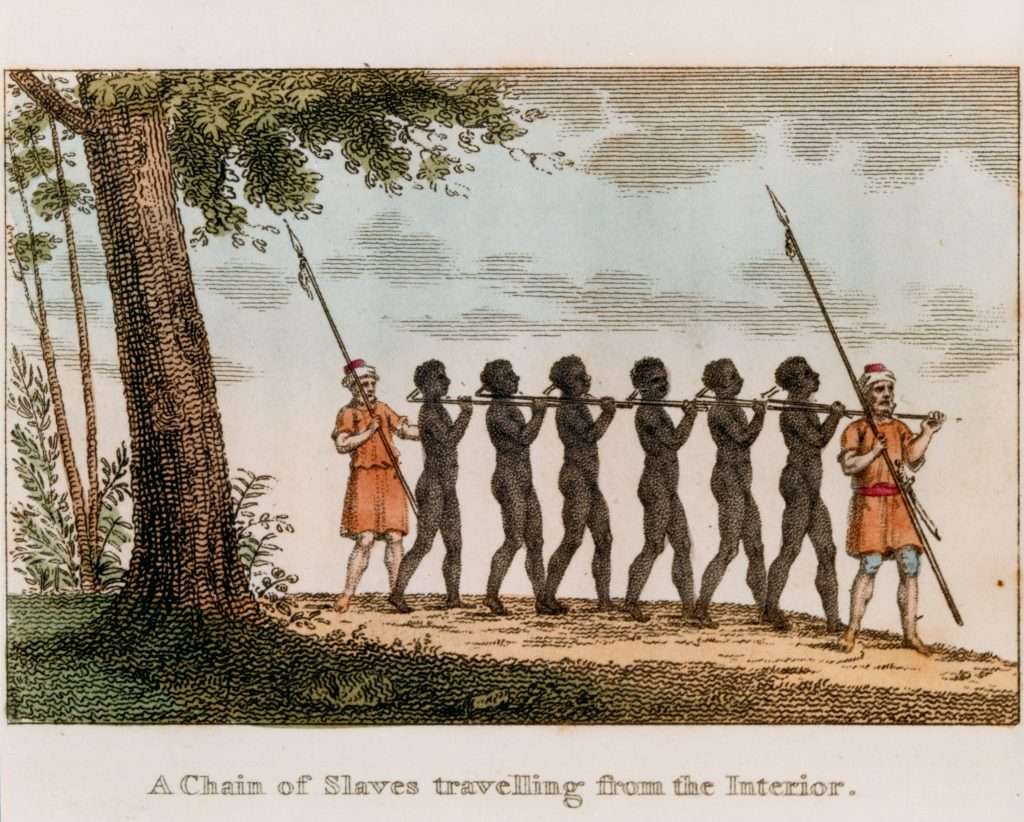The story of the Bahá’í Faith is one intricately woven with narratives of struggle, enlightenment, and the profound impact of human dignity. One particularly captivating episode in this tapestry involves the relationship between a prophet and a slave, offering an illuminating lens through which to examine the Bahá’í teachings. This relationship not only elevates the dialogue about social justice and human rights but also serves to underscore the transformative power of education and love in the face of oppression.
The Bahá’í teachings advocate for the oneness of humanity and emphasize the importance of education as a fundamental tool for personal and communal development. The tale of a slave educating a prophet is emblematic of the revolutionary potential that resides in the most marginalized segments of society. This narrative reveals a profound truth: wisdom and enlightenment do not exclusively reside in socioeconomically elevated positions. Rather, they can emerge from those deemed the lowest by society’s standards, thus challenging the hierarchical structures that often underpin societal norms.
Delving deeper into this relationship, it becomes evident that the slave’s role transcends mere servitude. Instead, it signifies a profound contribution to the ideological fabric of the Bahá’í Faith. This relationship exemplifies a dynamic interplay wherein the slave, through lived experiences of oppression and resilience, imparts critical lessons about the realities of life, compassion, and spiritual strength to the prophet. The slave embodies an authentic narrative of suffering and redemption, which is integral to the teachings of Bahá’u’lláh, the founder of the Bahá’í Faith.
The foundational teaching of the Bahá’í Faith posits that every individual possesses an inherent capacity for knowledge and spirituality. This principle not only applies to those in positions of authority but also legitimizes the voices of the oppressed. The prophet, in this scenario, represents a conduit through which these lessons are synthesized and articulated to a broader audience. This mutual exchange catalyzes a paradigm shift, wherein the oppressed can impact the oppressor and vice versa. This dynamic becomes an invaluable aspect of the spiritual evolution that Bahá’ís are encouraged to embrace.
In the Bahá’í context, the concept of education emerges as a powerful instrument for societal transformation. The act of a slave imparting wisdom to a prophet epitomizes this notion, demonstrating how every individual brings a unique perspective and set of experiences to the collective understanding of truth. Such narratives challenge conventional perspectives of historical figures, urging society to recognize the multilayered experiences that shape humanity’s journey toward enlightenment.
Moreover, the implications of this relationship resonate deeply within contemporary discourses on social justice. The Bahá’í teachings underscore that systemic injustices are often perpetuated through ignorance and a failure to acknowledge the contributions of those marginalized. The story of the slave educating a prophet serves as a poignant reminder of the necessity of inclusivity in educational frameworks and societal narratives. Knowledge is not a privilege reserved for a select few but a collective heritage that thrives best when diverse voices are acknowledged and celebrated.
The nuances of this relationship also touch upon the themes of dignity and respect. The Bahá’í Faith places immense importance on the recognition of the intrinsic worth of every individual, irrespective of their societal status. Drawing from this principle, the exchange of wisdom between a slave and a prophet defies conventional power dynamics. It prompts a reevaluation of authority itself, suggesting that true leadership involves humility and an openness to learning from all walks of life.
Additionally, the relationship highlights the significant role of emotional intelligence in spiritual growth and understanding. The slave’s lived experiences cultivate both a profound empathy and an astute awareness of societal injustices, thereby enriching the spiritual discourse from which the prophet can draw. The Bahá’í teachings elevate the significance of love and compassion as cornerstones for both personal and collective endeavors. This exchange of knowledge between disparate social strata illustrates a transformational relationship that reverberates with profound implications for modern society.
Philosophically, this narrative asserts that spiritual enlightenment is accessible to all, thereby rejecting elitism in the realm of knowledge. It reinforces the idea that true enlightenment is often found in the most unexpected places and forms. In this sense, the willingness of the prophet to learn from the slave symbolizes a profound humility that is quintessential to the Bahá’í ethos. The act of listening, of being receptive to voices that have been historically disregarded, fosters a culture of empathy and interconnectedness.
Integrating this understanding into the contemporary global context further emphasizes the relevance of Bahá’í teachings today. The urgency for social justice, equality, and unity resonates with the narrative of a slave educating a prophet. It invites contemporary society to reconsider whose voices they privilege and to actively seek out the wisdom located at the intersections of diverse experiences. Recognizing the inherent worth of all individuals strengthens the collective effort towards a more just and equitable world.
In conclusion, the profound story of a slave educating a prophet within the Bahá’í teachings elegantly intertwines themes of human dignity, education, and social justice. By examining this interplay, we glean deeper insights into the values that gather momentum at the foundation of the Bahá’í Faith. As we endeavor to realize a world marked by unity and justice, an earnest acknowledgment of the lessons embedded in this narrative empowers individuals to engage in the necessary work of creating a society where every voice is heard, respected, and celebrated.
